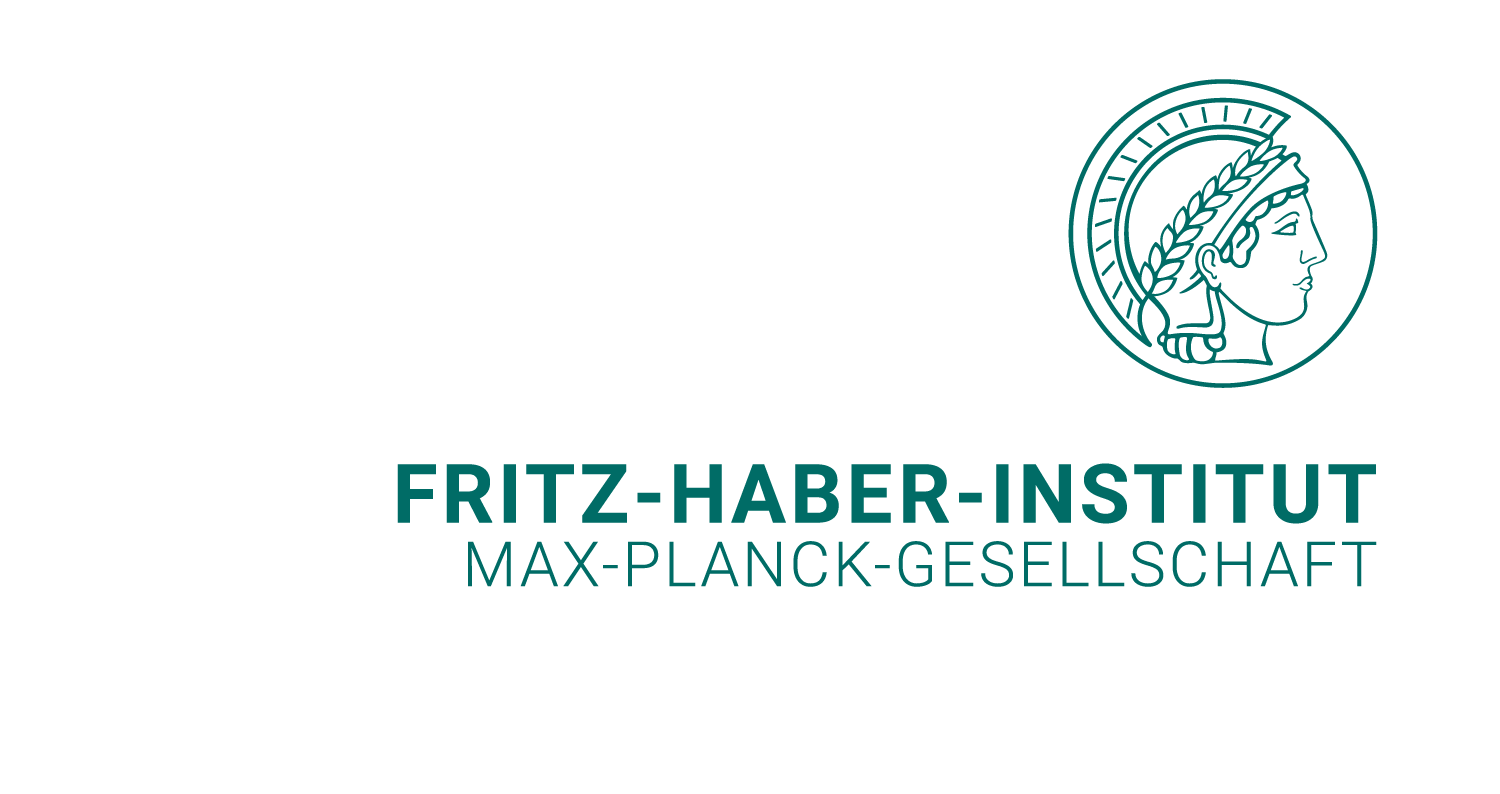Simulations from ab Initio Approaches: Structure and Dynamics from Quantum Mechanics
Mariana Rossi
About Mariana
Researcher ID: E-4398-2012
ORCID: orcid.org/0000-0002-3552-0677
Scholar: https://scholar.google.de/citations?user=SrQ3yboAAAAJ

Mariana was born in Campinas, SP, Brazil, and studied Physics (bachelor and masters) in the University of São Paulo. During her junior project and master studies she started working with electronic structure theory and theories for charge transport under the supervision of Prof. Antônio José Roque da Silva and Prof. Adalberto Fazzio. She then moved to Berlin, Germany, to do her Ph.D. in the Fritz Haber Institute of the Max Planck Society, under the supervision of Prof. Volker Blum and Prof. Matthias Scheffler. In her Ph.D. she worked with structure determination of biomolecules from first-principles electronic structure methods. She focused on structure search and use of ab initio molecular dynamics to compute thermodynamical and vibrational properties of these systems. Her first post-doc was at the University of Oxford with Prof. David Manolopoulos, where she learned about path integral methods and approximate quantum dynamics, focusing her work on the inclusion of nuclear quantum effects in dynamical observables. She then did another post-doc in the École Polytechnique Fédèrale de Lausanne with Prof. Michele Ceriotti, where she continued joining ab initio and path integral simulations for the calculations of thermodynamic properties of hydrogen-bonded systems. Since the end of 2016, she leads the independent Otto Hahn Group "Simulations from Ab Initio Approaches" in the Fritz Haber Institute, Berlin. From January 2020, she will move into a tenure-track position as head of a Lise Meitner Group to the Max Planck for Structure and Dynamics of Matter in Hamburg.
Mariana was awarded fellowship for her master studies from the FAPESP institution in Brazil, the Otto Hahn Award of the Max Planck Society, and a Deutsche Forschungsgemeinschaft fellowship for post-doctoral studies. She was also awarded a Junior Research Fellowship at St. Edmund Hall in Oxford during her time there and was awarded a place in the Minerva Program of the Max Planck Society.

